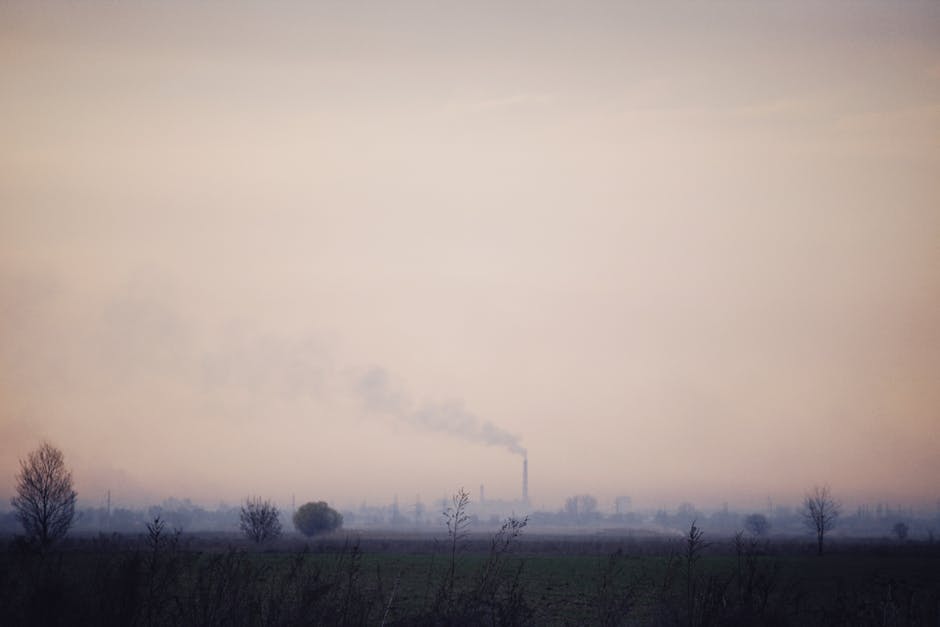Bengaluru, often referred to as the Silicon Valley of India, is known for its bustling IT hubs, lush greenery, and pleasant weather. However, like many metropolitan cities, it grapples with the growing concern of air pollution. Today, the Air Quality Index (AQI) in Hombegowda Nagar, a prominent residential area in the southern part of the city, stands at 77, categorizing it as “Moderate.” While this is not an alarming figure, it does raise questions about the factors influencing air quality and the steps needed to maintain or improve it.
Understanding the AQI
The Air Quality Index is a standardized measure used to communicate how polluted the air currently is or how polluted it is forecast to become. An AQI of 77 falls under the “Moderate” category, which indicates that air quality is acceptable; however, there may be a moderate health concern for a very small number of people who are unusually sensitive to air pollution. For the general population, this level typically does not pose immediate health risks, but prolonged exposure could lead to minor respiratory discomfort.
Factors Contributing to the AQI in Hombegowda Nagar
Several factors contribute to the current AQI in Hombegowda Nagar:
-
Vehicular Emissions: Bengaluru is notorious for its traffic congestion, and Hombegowda Nagar is no exception. The increasing number of vehicles on the road, coupled with outdated emission norms for older vehicles, significantly contributes to air pollution.
-
Construction Activities: The area has witnessed rapid urbanization in recent years, with numerous construction projects underway. Dust and particulate matter from these sites are major contributors to the AQI.
-
Industrial Emissions: While Hombegowda Nagar is primarily a residential area, nearby industrial zones and small-scale industries can also impact air quality.
-
Weather Conditions: Bengaluru’s weather, though generally pleasant, can sometimes trap pollutants close to the ground, especially during the winter months when the air is cooler and denser.
-
Open Waste Burning: Despite regulations, open waste burning in some parts of the city remains a persistent issue, releasing harmful pollutants into the air.
Health Implications
While an AQI of 77 is not considered hazardous, it is essential to remain vigilant. Sensitive groups, such as children, the elderly, and individuals with pre-existing respiratory or cardiovascular conditions, may experience mild discomfort. Symptoms like coughing, throat irritation, and shortness of breath can occur, especially during prolonged outdoor exposure.
What Can Be Done?
Improving air quality requires collective effort from both authorities and citizens. Here are some actionable steps:
-
Promote Public Transport: Encouraging the use of public transportation, carpooling, and electric vehicles can significantly reduce vehicular emissions.
-
Green Initiatives: Planting trees and maintaining green spaces can help absorb pollutants and improve air quality.
-
Strict Regulation of Construction: Enforcing dust control measures at construction sites, such as covering debris and using water sprinklers, can minimize particulate matter.
-
Awareness Campaigns: Educating residents about the harmful effects of air pollution and the importance of reducing personal carbon footprints can foster a culture of responsibility.
-
Monitoring and Reporting: Regular monitoring of air quality and transparent reporting can help identify pollution hotspots and implement targeted solutions.
The Road Ahead
While the current AQI in Hombegowda Nagar is manageable, it serves as a reminder of the need for sustained efforts to combat air pollution. Bengaluru’s charm lies in its balance of modernity and nature, and preserving this balance requires proactive measures. By addressing the root causes of pollution and adopting sustainable practices, we can ensure that the city remains a healthy and vibrant place to live.
For now, residents of Hombegowda Nagar can breathe easy, but the conversation about air quality must continue. After all, clean air is not just a luxury—it’s a necessity.
Stay tuned to NextMinuteNews for the latest updates on air quality and other pressing issues affecting our city.




